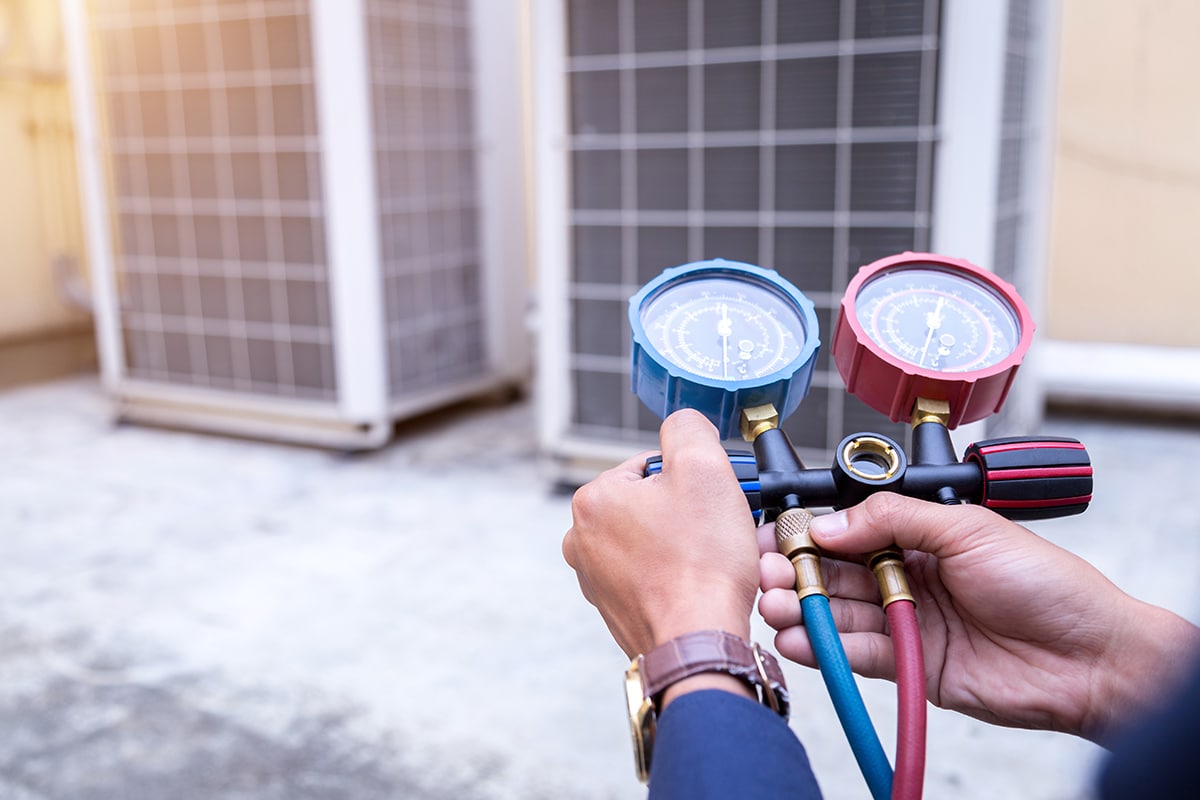Frequently Asked about HVAC Technician
What qualifications should an HVAC Technician possess?
An HVAC Technician should possess a high school diploma or equivalent, along with vocational training or an associate degree in HVAC technology.
Certifications such as EPA Section 608, NATE, or HVAC Excellence are also essential.
Practical experience through apprenticeships or prior employment is highly valuable.
How can we ensure our HVAC Technicians stay updated with the latest industry trends and technologies?
Employers can encourage continuous learning by providing access to ongoing training programs, industry seminars, and certification courses.
Offering incentives for obtaining advanced certifications and subscribing to industry publications can also help technicians stay current.
What are the key safety practices HVAC Technicians should follow?
Key safety practices include wearing appropriate personal protective equipment (PPE), following OSHA regulations, handling refrigerants safely, adhering to electrical safety protocols, and ensuring proper ventilation when working with hazardous materials.
Regular safety training and drills can reinforce these practices.
How can we evaluate the technical skills of potential HVAC Technician hires during the interview process?
Employers can evaluate technical skills by asking candidates to explain specific HVAC procedures, describe their troubleshooting methods, and discuss their experience with various HVAC systems.
Practical tests, such as diagnosing a simulated HVAC problem or identifying components in a unit, can also provide insights into their technical proficiency.







